Giving the Italian diaspora a voice
Italy is one of the few legislatures in the world to reserve seats in parliament for Italians living overseas.
The system was set up 17 years ago, when the Italian government introduced a system of overseas representation. It gives expatriate communities the power to elect a regional representative and have a voice in the Italian parliament.
Prior to 2001, people living abroad were required to return to their homeland, meaning those living in faraway places like Australia would likely not cast their vote.
How Italy's overseas voting works
In 2001, the Italian government divided the world into four expatriate electorates: Europe, North and Central America, South America and the rest of the world - Africa, Asia, Oceania and Antarctica.
Out of the 945 seats in Italy's two houses of parliaments, they represent a total of 18 seats - twelve in the Chamber of Deputies and six in the Senate of the Republic.
Two of those 18 seats - one in each house - look after the Africa, Asia, Oceania and Antarctic region.
It means those in that electorate, including Italian-Australians, are able to vote for one senator and one MP to represent them.
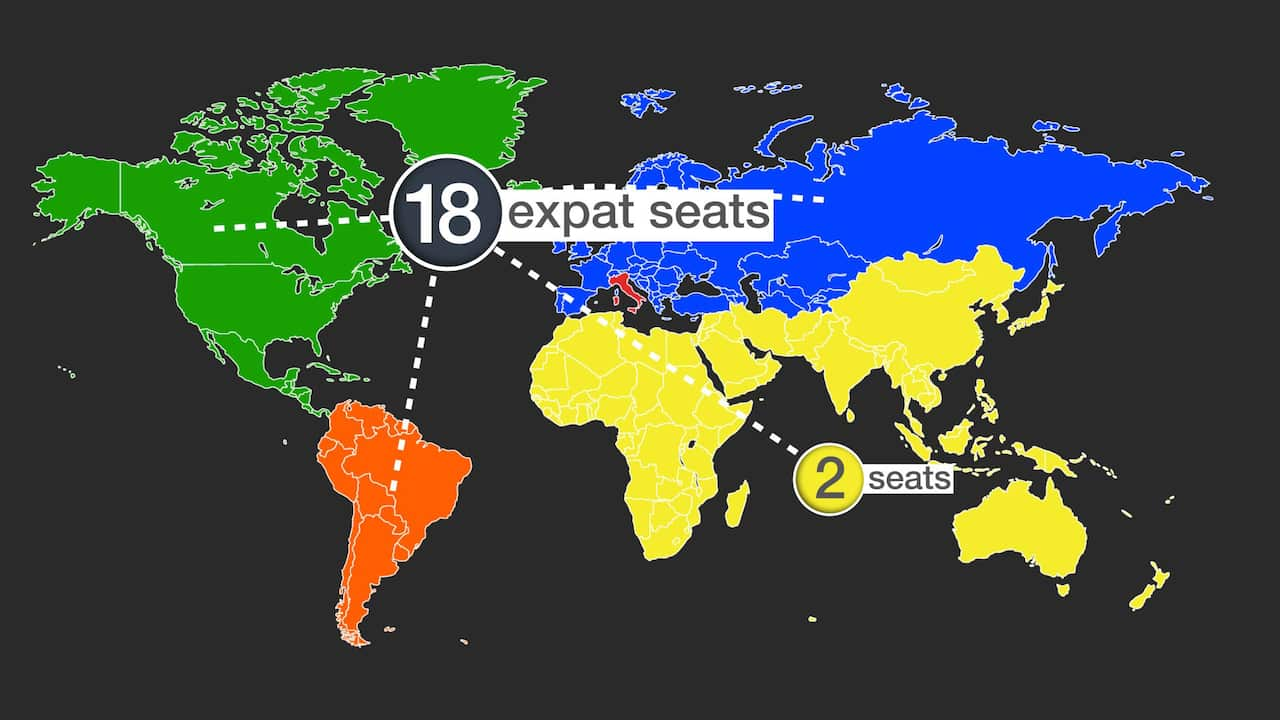
Swinburne University’s Doctor Chiara De Lazzari has completed a PhD on expatriate voting and told SBS News the seat allocations are relative to the diaspora in each of the four electorates.
“Oceania is the largest from a geographical perspective but [it] has the least number of Italian permanent residents abroad."
“That is why we just have one senator and one MP representing Italians living abroad,” she said.
The number may seem insignificant but according to Dr De Lazzari the overseas representatives do have influence.
“The foreign constituency is included in the Italian constitution, so then you can understand the importance that Italians living abroad can gain from a constitutional perspective,” she said.
While the expatriate voting system was introduced in 2001, it was not tested until the 2006 election.
“So this is the fourth time Italians living permanently, and now, temporarily abroad can cast their vote and elect their own representatives."
Dr De Lazzari said in the 2006 election the votes from abroad helped determine who took power in Italy.
However, she added that changes to the electoral system since then mean it is unlikely to happen again, although not entirely impossible.
Italian-Australians cast their vote
In the lead-up to the March 4th election, around 160,000 eligible Italian citizens in Australia have been receiving electoral ballot papers in the mail so they can have their say.
Among them is Luigi De Luca who moved to Australia from Italy in 1994, bringing with him the family business - gelato café Cremeria De Luca.
The store is a legacy of his father who first opened it in Sicily in the 1930s and a sweet reminder of the life they left behind.
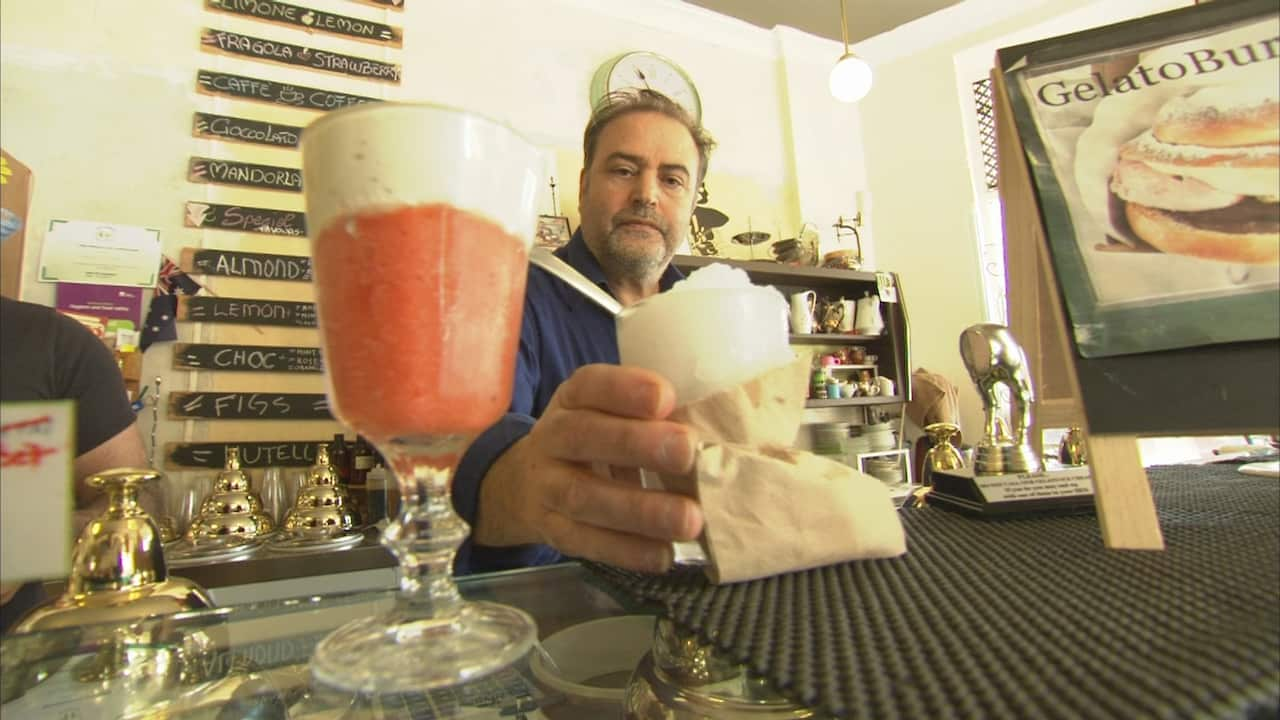
Politics is another thread connecting the family to their homeland.
“We still are Italian, so we believe and we trust what the Italian government does through a representative person from here,” Mr De Luca told SBS News.
His son Salvatore, who helps run the café, is also mindful of maintaining his ties with his country of birth: “We are Italian, I have an Italian passport, I worked for the Italian embassy - it just gives us that greater connection to our motherland.”
And having someone in Italy represent their interests' makes life in Australia all the more reassuring.
“We feel better, we feel protected, we feel represented,” said Mr De Luca.
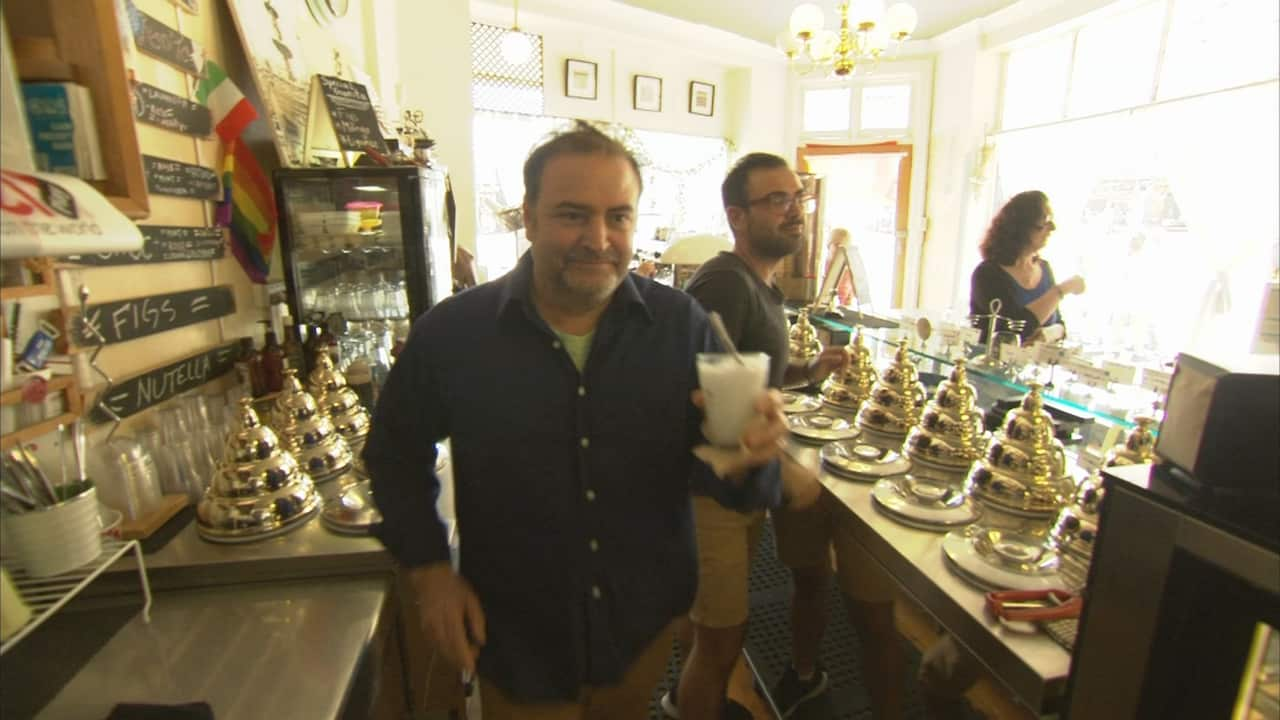
The Australian Candidates
Immigration and the economy are key election issues on the streets of Italy but in Australia candidates are waging local battles.
Francesco Giacobbe, who moved to Australia in the early 1980s, has already made it to Rome's corridors of power.
He is the incumbent Senator for the Africa, Asia, Oceania and Antarctic electorate, meaning he spends three quarters of the year in Rome.
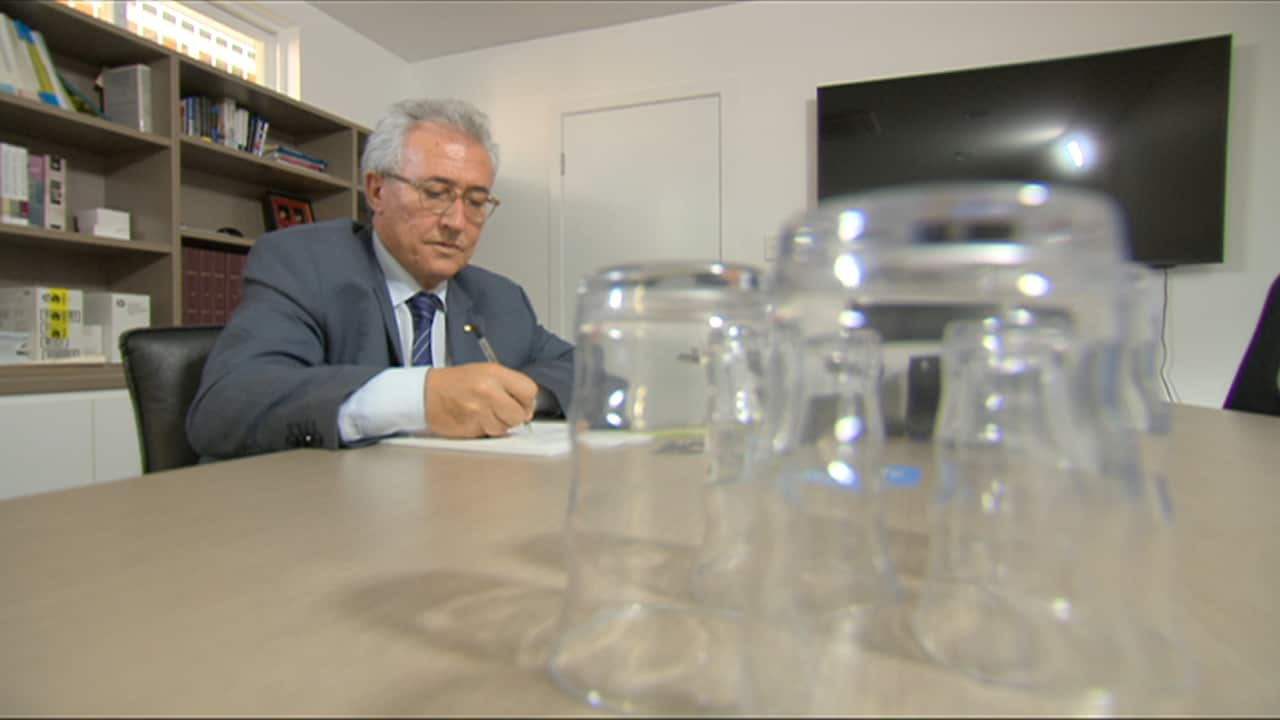
The focus of his latest campaign has been how to cater for the aging Italian community in Australia.
“We are promoting an exchange agreement between Italy and Australia to allow carers to come to Australia on short term visas to work with the aged population,” he told SBS News.
Mr Giacobbe is also pledging to forge stronger economic ties between Italy and Australia.
"Italy excels in the world for innovation, quality and business processes that can withstand the competition of mass production as low cost.”
“Australia has great communication channels and distribution channels with Asian countries and in particular Southeast Asia,” he said.
Although his Democratic Party is lagging behind in the polls in Italy, Mr Giacobbe is hoping to hold on to his seat. But he has got some fierce competition.
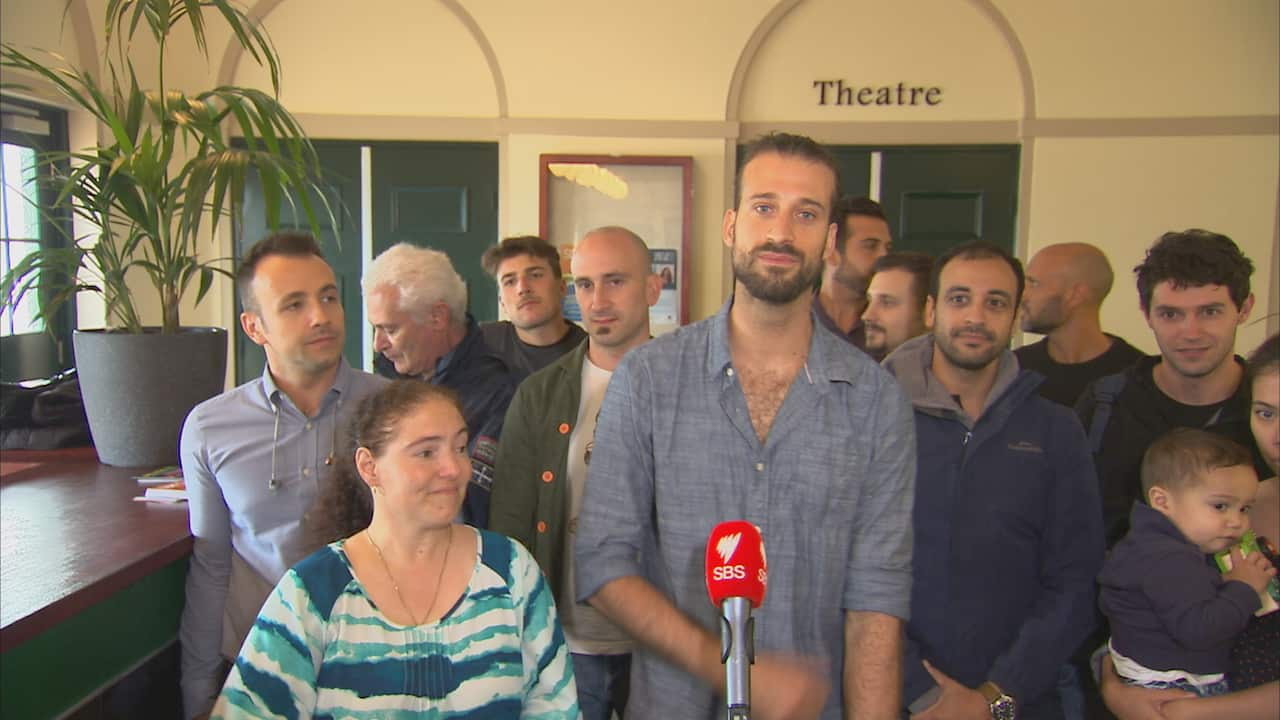
Dario Catania is the local candidate for the Five Star Movement, a rising anti-establishment party campaigning against the ruling elite.
“I decided to run for this election to bring the interests of Italians - not banks and lobby's into the Parliament,” Mr Catania told SBS.
He is critical of leftists and rightists for espousing identical values and policies that have seen Italy mired in an ongoing political crisis.
"They vote for the same laws in the parliament and then go on television and say they are different. But that's not true. The main problems in Italy are corruption and mafia."
With immigration being hotly debated in the upcoming election, he believes Italy can learn from the Australian experience.
“Australia solved this problem with many kinds of visa and if you want to work you can find your way in Australia. It's possible to copy this system in Italy, why not?”
Italy and its approximately 4.9 million citizens permanently living overseas will find out the result of the election late on Sunday.

